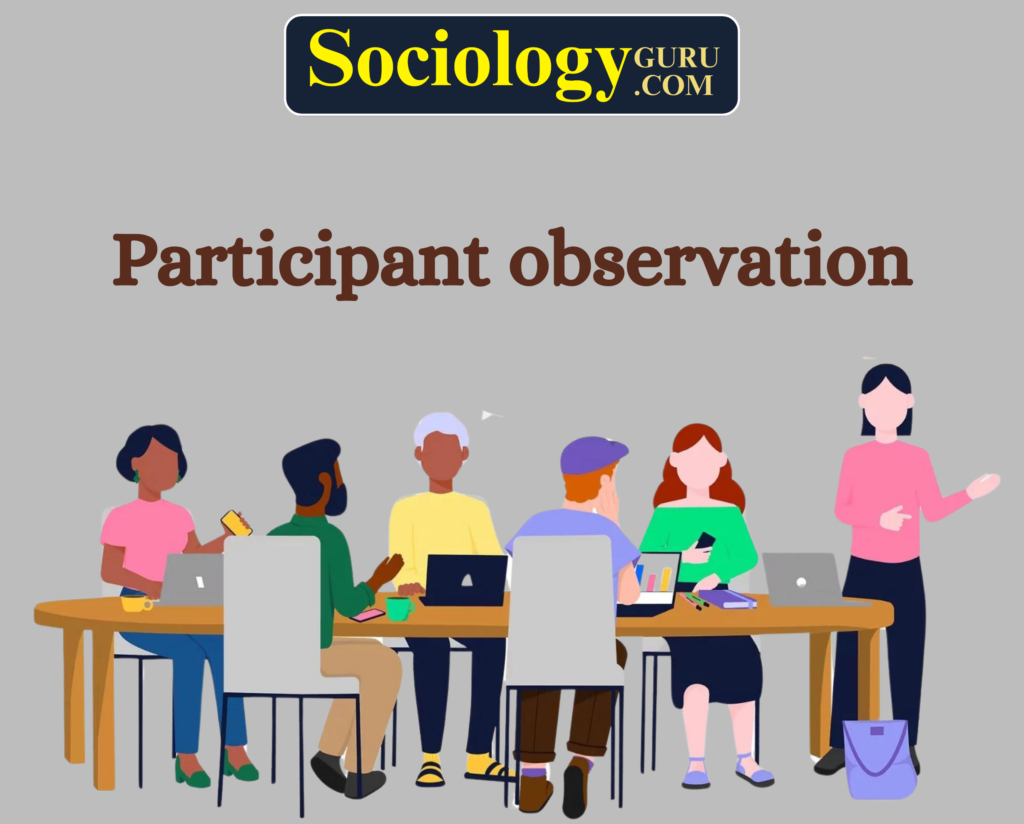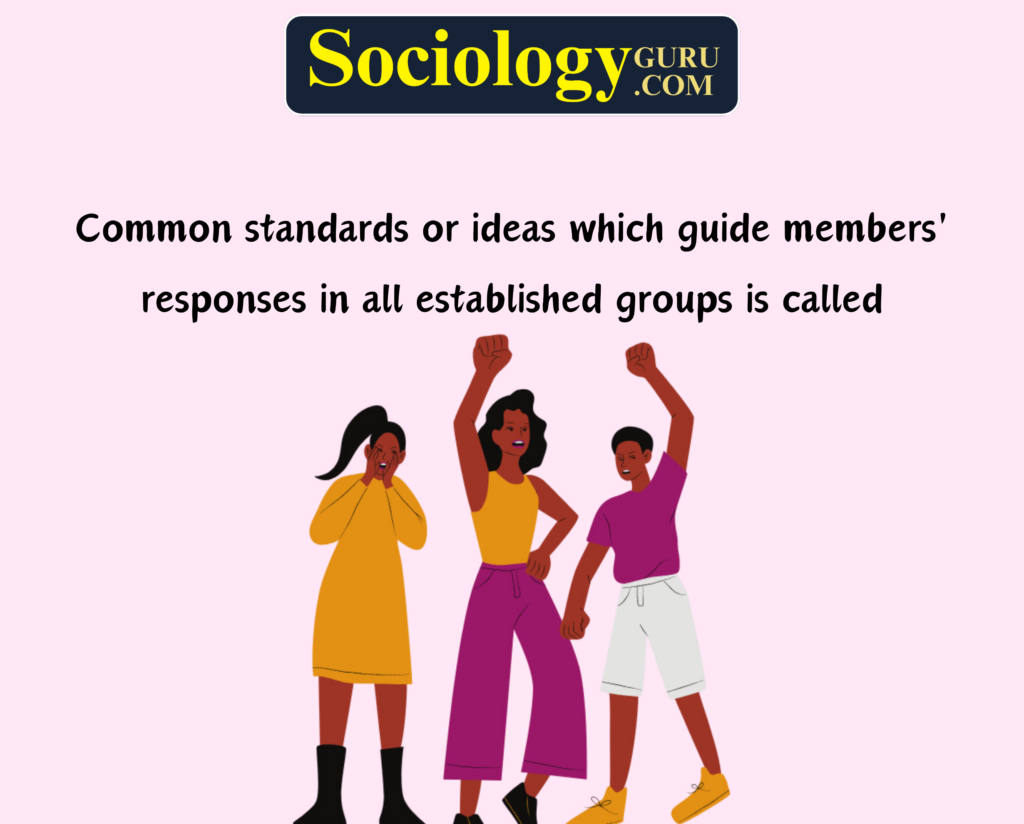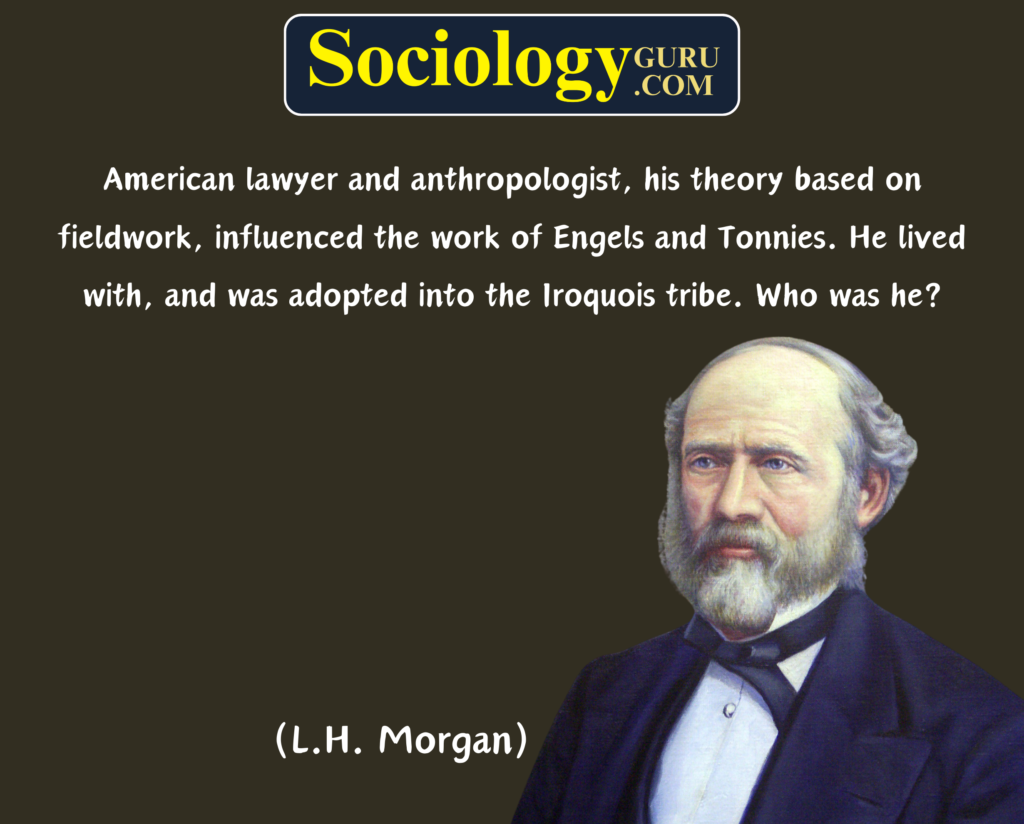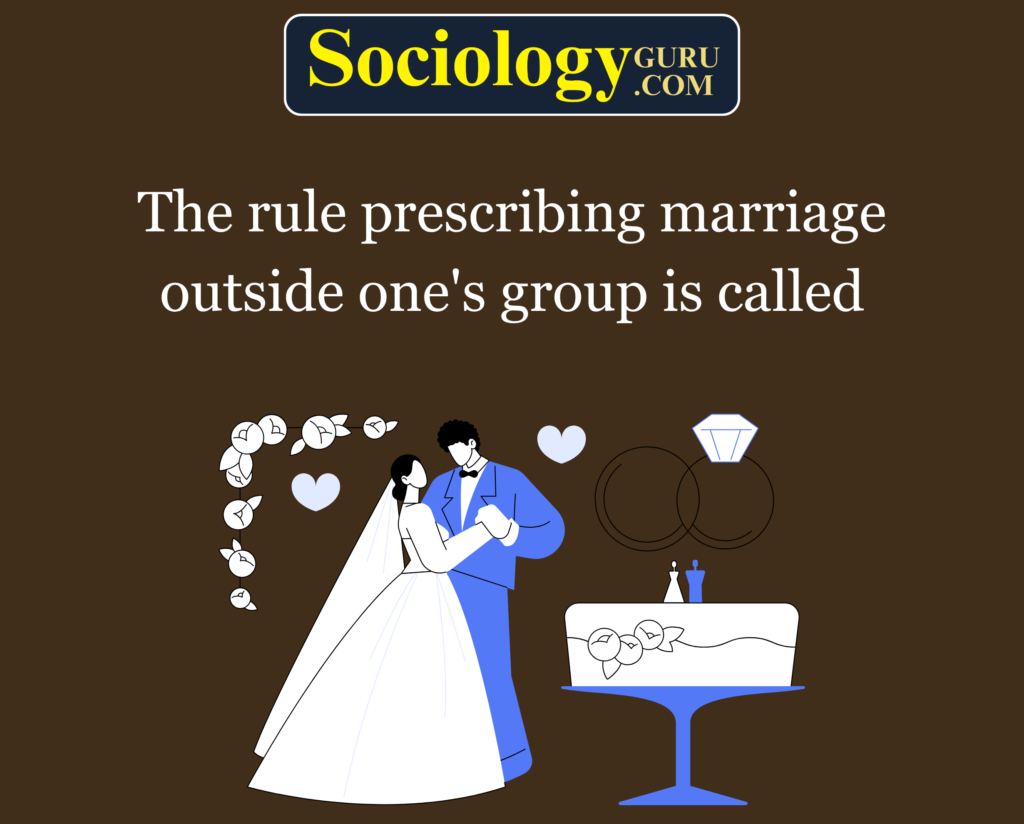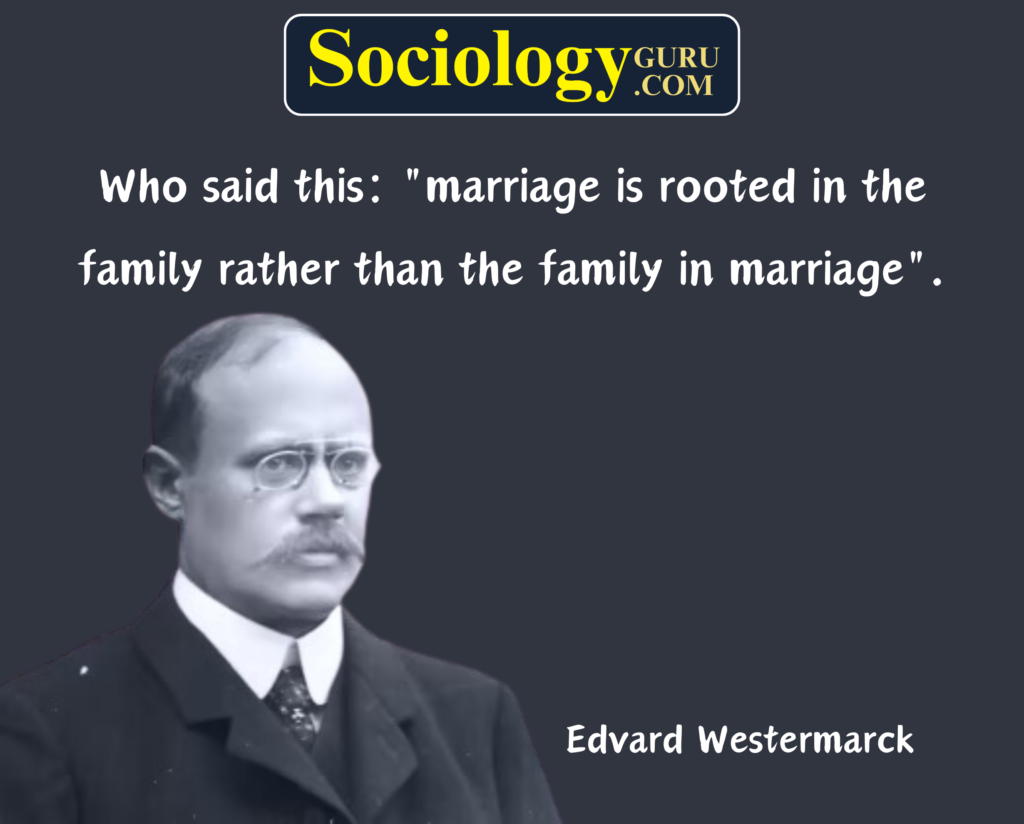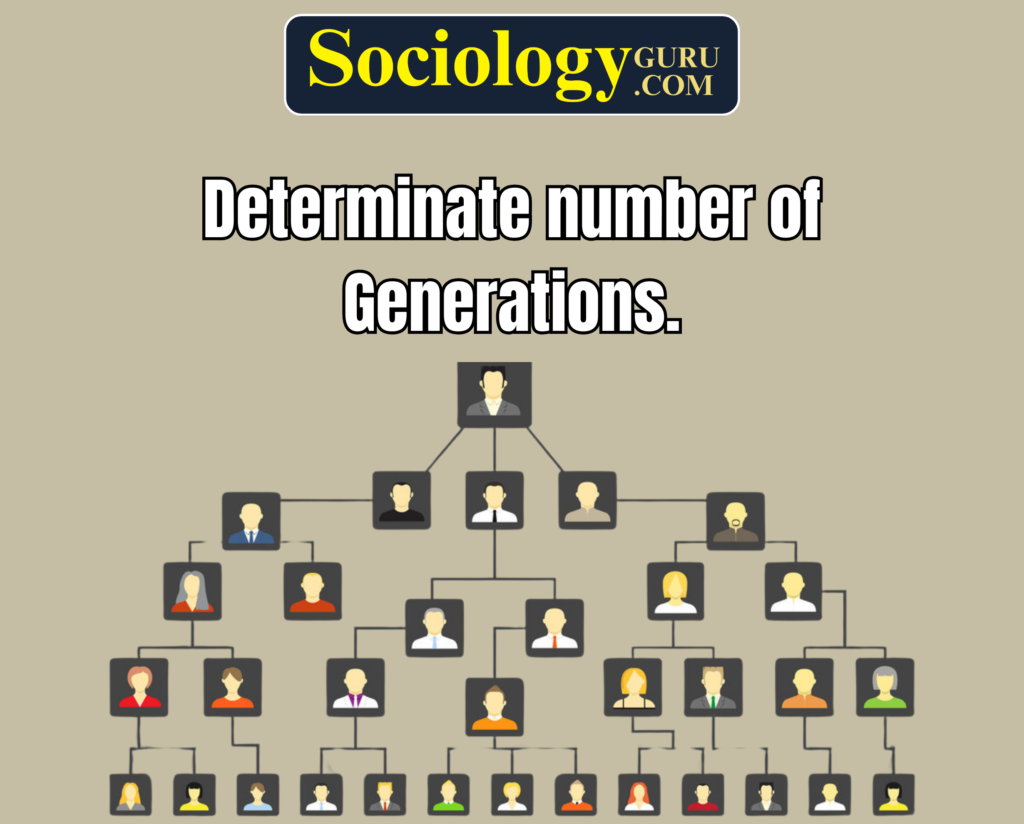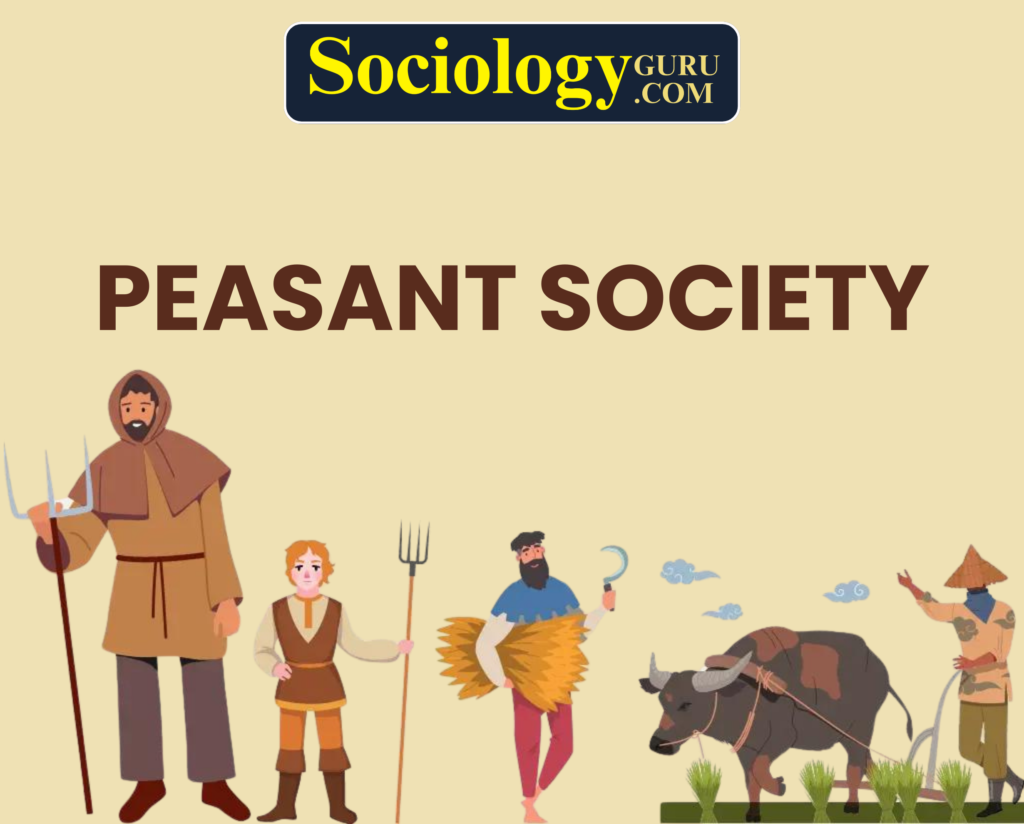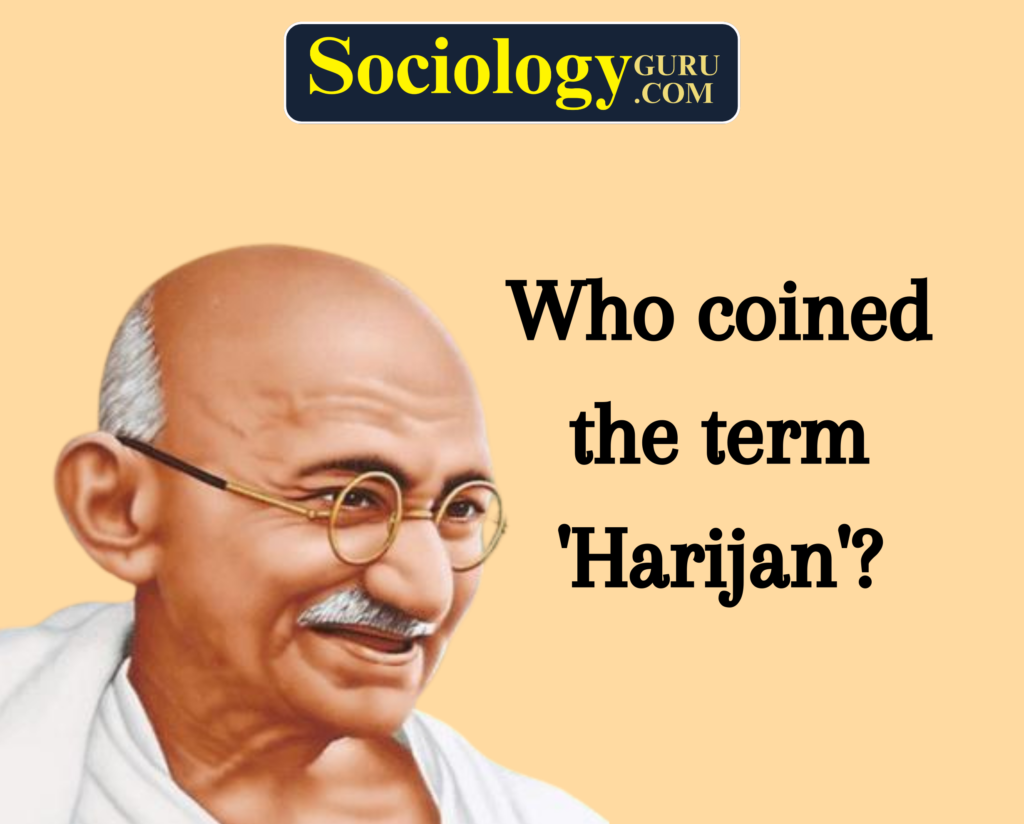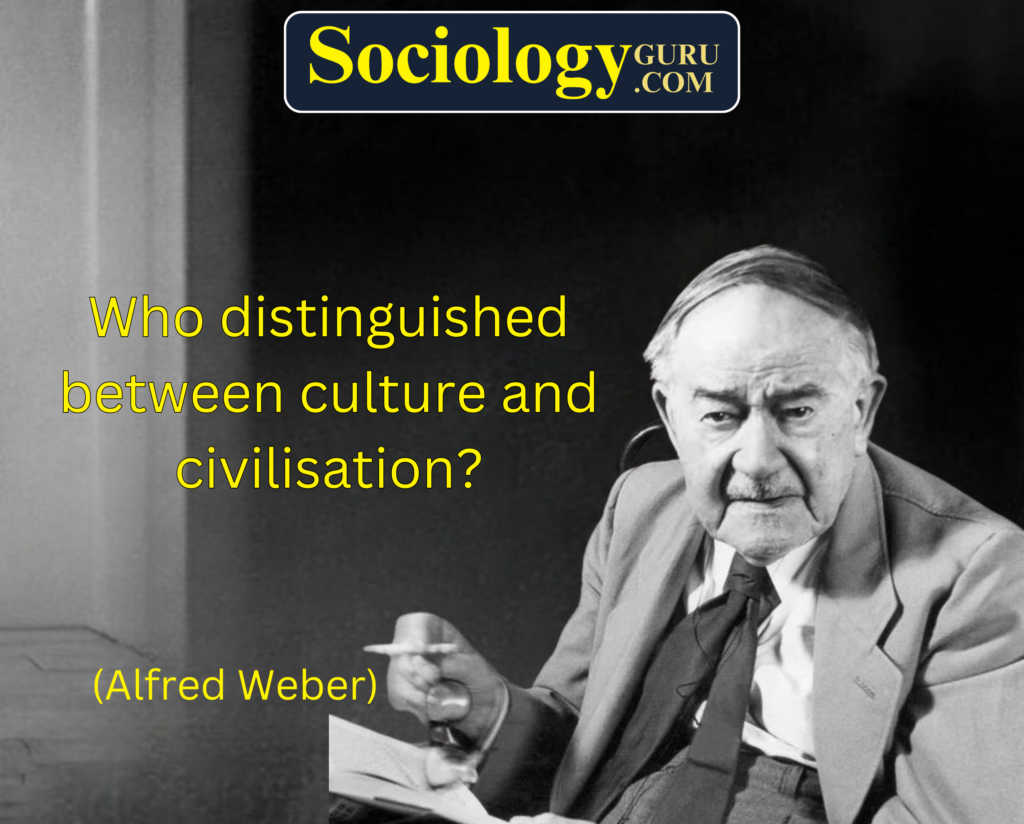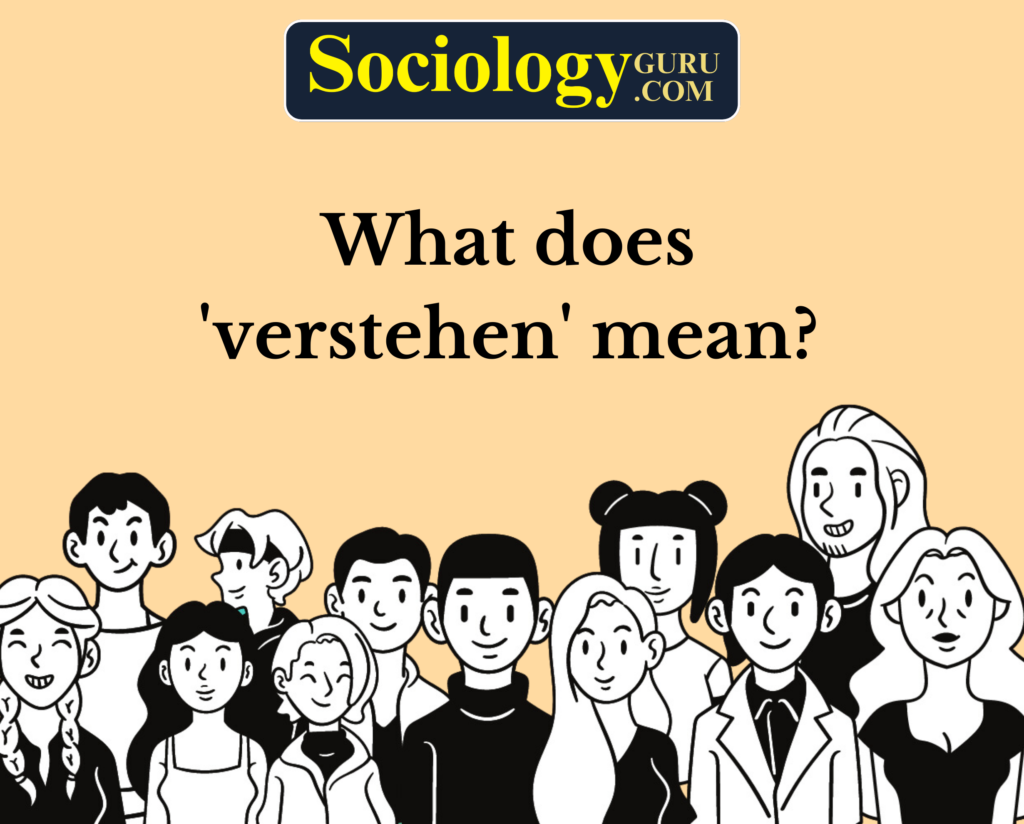A situation where a social research worker becomes as much as possible a member of the group in which he is studying and participates fully in the life of the group, is called | Sociology for CUET by Vikash Ranjan | Sociology Guru
Question: A situation where a social research worker becomes as much as possible a member of the group in which he is studying and participates fully in the life of the group, is called Participant observation Spying Intrusion Observation Answer: (1) The question in the MA CUET exam addresses a research method known as “participant …
